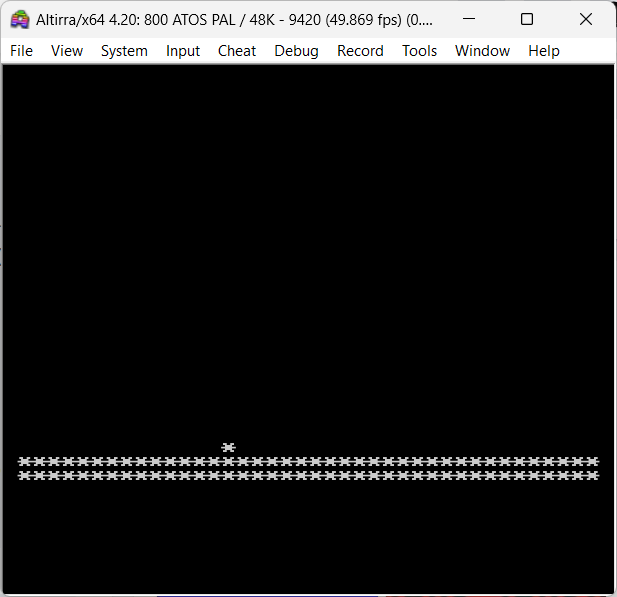OTHER CONTRIBUTIONS: RANDOM DISTRIBUTION
This example shows the statistical distribution of the random number generator.
source
compile
sandbox
issues?
back to examples


